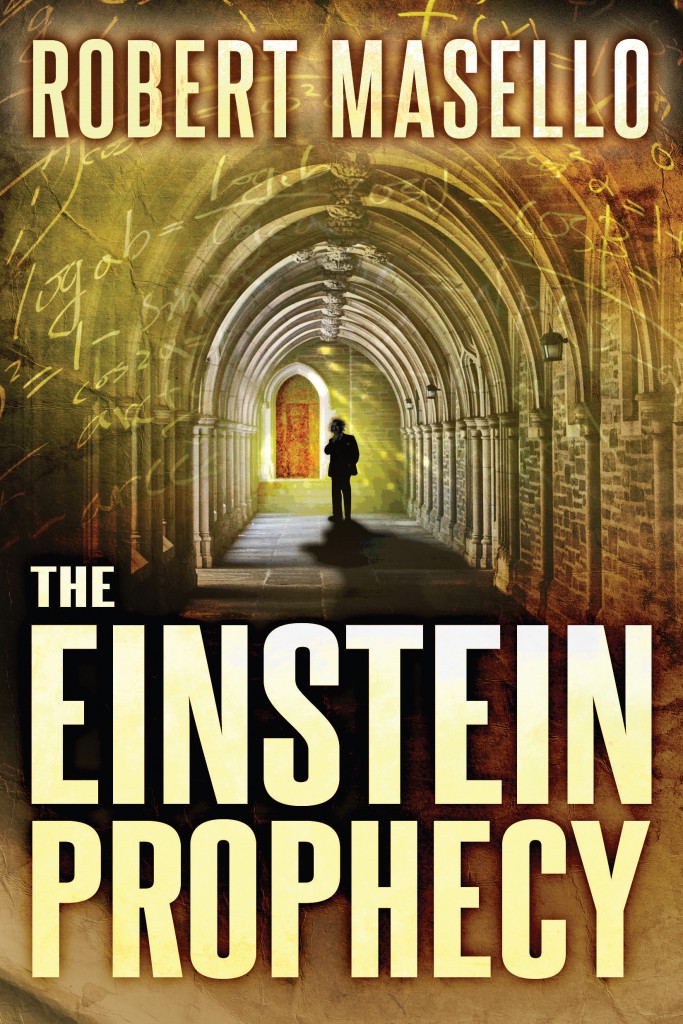For the first time in what feels like a very long time, we have in “The Girl Who Died” a nearly flawless episode of Doctor Who. (Not to be overly cynical, but I do feel it’s too bad this is a two-parter, as I’m convinced they will only muck it up. Prove me wrong, Doctor Who!)
***SPOILERS FOLLOW***
The story is an enjoyable one right from its rather zany pitch: a ragtag team of Vikings with no battle skills takes on an alien warrior race considered the most fearsome in the universe, with the Doctor and Clara tasked with forging a plan to make sure the Vikings survive. In usual Doctor Who fashion, the solution is kind of random and nonsensical (electric eels? what?), but the episode is so much fun I just went with it.
Maisie Williams of Game of Thrones fame is a welcome guest star, although I felt her role of Ashildr was somewhat underwritten. There’s a concept at the heart of this story about the power of storytelling, Ashildr’s in particular, but it’s only brushed upon before it becomes part of the Doctor’s big plan. We never see Ashildr telling a story, for instance; never see her hold the entire village in thrall with her words and imagination. That would have been better. As it was, the idea felt rushed. I wish they’d had time to explored it more. Unsurprisingly, I’m intrigued by the power of storytelling and would have liked to see this concept coaxed more to the surface.
The other thing I really liked about this episode were the references, and it was chock full of them. Not just references to Doctor Who, but to other pop culture mainstays. The Doctor refers to one long-bearded Viking as ZZ Top. There’s a hat-tip to “Yakety Sax,” the 1963 pop-jazz tune made famous when The Benny Hill Show turned it into its de facto theme song. The stupid sonic sunglasses get snapped in half by a Viking right away (yay!) but apparently still work (boo!). The Doctor claims he’s “reversing the polarity of the neutron flow” at one point, which is a nod to the Third Doctor’s famous and oft-repeated words. He also says, at the end, “Time will tell. It always does.” These are the same words the Seventh Doctor used at the end of the classic 1988 serial “Remembrance of the Daleks.” (He talks about creating “ripples in time” in that serial as well.) Clara gets the funniest line of the episode, if not the season so far: “The universe is full of testosterone. Trust me, it’s unbearable.”
The reason I call this a nearly flawless episode is because there are still a few things I don’t like about it. (You know me, I can nitpick anything to death!) I think Doctor Who makes a narrative error every time it opens an episode with the tail end of some other, untelevised adventure the Doctor and Clara are currently having. Not only does it run the risk of being more interesting than the episode we do get to see (I’m looking quite pointedly at you, “The Caretaker”), but it also runs the risk of setting the wrong tone, as it very nearly does here. A lot of fast talking and things exploding (two elements Moffat-era Doctor Who continually mistakes for viewer-grabbing excitement) precede an episode that is thoughtful, quiet, humorous, and dialogue-driven. Someone needs to send a memo that not every episode requires people talking really fast and things blowing up.
Then there’s the episode’s title. There’s nothing really wrong with the title “The Girl Who Died.” As titles go, it’s fine. However, at this point, the instant I see anything in Doctor Who with the word “girl” in it, I sigh heavily and roll my eyes. That’s because we’ve already had Amy Pond as “the girl who waited,” and Clara Oswald as “the impossible girl,” and before both of them we had Madame de Pompadour as “The Girl in the Fireplace.” I’m a little over the “girls.” At least the next episode is called “The Woman Who Lived.” Maybe that’s a step up?
The bit about the Doctor having somehow chosen this particular face unconsciously, and the reason why, felt extremely forced to me, retrofitted into the story rather than something they gave a lot of thought to. I’m against the idea that the Doctor can unconsciously choose what he looks like, because A) it implies he has too much control over the process, which he clearly doesn’t, and B) he definitely would have been a ginger by now. It’s even harder to imagine he can or would choose his face in order to send a vague message to himself. But Steven Moffat, who co-wrote this episode, can never let a chance go by without tinkering with Doctor Who canon somehow.
And now, my theory on this season’s arc! Back in “The Witch’s Familiar,” Davros mentions something about the Hybrid, a mixed-race warrior that the Time Lords had a prophecy about. Davros mistook the prophecy to mean a creature half Time Lord and half Dalek, but he was wrong. Now it’s possible the Hybrid is Ashildr, half Viking and half alien technology. In “Before the Flood,” O’Donnell mentions the Minister of War as one of the Doctor’s foes, but it’s not someone he’s met yet. Is it possible Ashildr, now made immortal by the alien tech, becomes the Minister of War, whom the Doctor will have to face at the season finale? I’m leaning toward yes. After all, why hire Maisie Williams if you’re not going to give her a super juicy role?
But time will tell. It always does.



